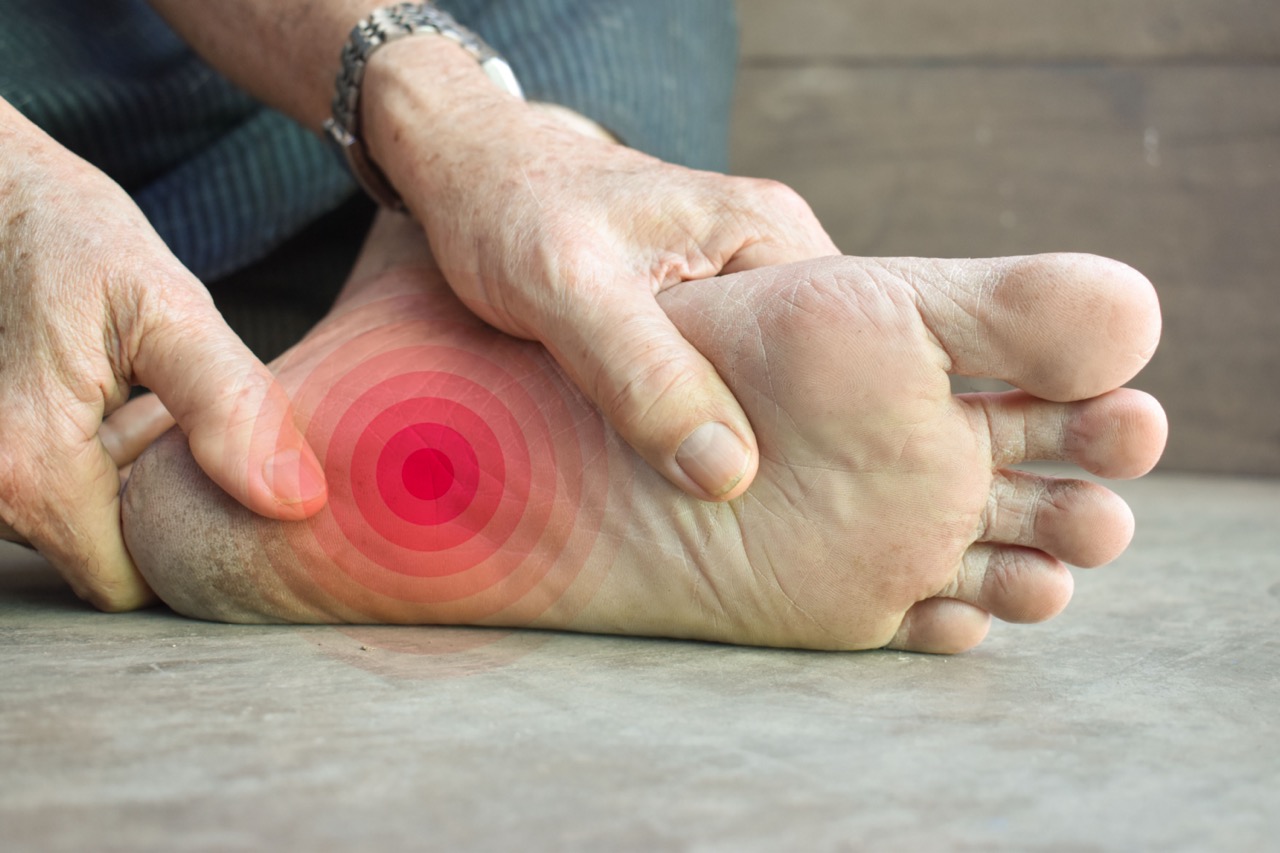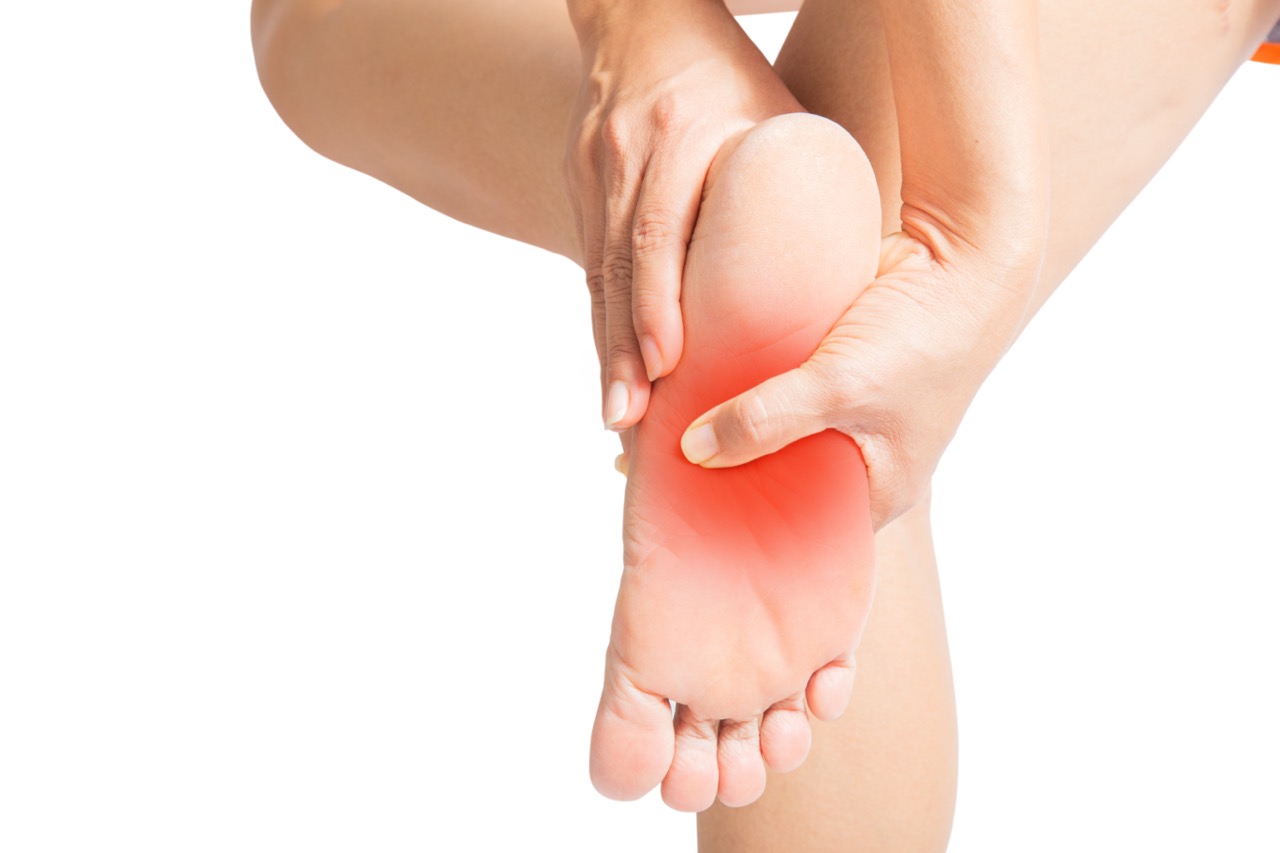Peripheral Neuropathy
Peripheral neuropathy is a common yet often overlooked condition that can significantly impact your daily life. When left untreated, it can cause chronic pain, loss of sensation, and even permanent nerve damage. Early diagnosis and professional care are key to protecting your long-term nerve health.
In this guide, you’ll learn what peripheral neuropathy is, its symptoms and causes, how it’s linked to diabetes, and effective ways to prevent and treat it.
What Is Peripheral Neuropathy?
Peripheral neuropathy refers to damage or dysfunction of the peripheral nervous system—the network of nerves outside the brain and spinal cord. These nerves transmit signals between your brain, spinal cord, and the rest of your body. When they’re damaged, communication breaks down, leading to pain, weakness, or loss of sensation.
This condition can affect muscle movement, touch sensation, and even automatic body functions like digestion or temperature regulation.
If you have neuropathy in your feet, regular foot exams by a podiatrist are essential. Because reduced sensation is common, small cuts or wounds can go unnoticed and progress into serious infections or ulcers.
What are the Symptoms of Peripheral Neuropathy?
Peripheral neuropathy symptoms vary depending on which nerves are affected: sensory, motor, or autonomic.
Sensory nerve symptoms:
- Tingling, burning, or that “pins and needles” sensation in the hands or feet
- Numbness or loss of feeling
- Heightened sensitivity to touch
Motor nerve symptoms:
- Muscle weakness or cramping
- Loss of coordination or balance
- Difficulty walking or performing fine motor tasks
Autonomic nerve symptoms:
- Digestive issues like constipation or diarrhea
- Excessive or reduced sweating
- Difficulty regulating body temperature
Symptoms often start in the feet and hands and gradually move upward. If you notice constant, persistent tingling, pain, or weakness, seek medical attention right away to prevent progression.
Causes of Peripheral Neuropathy
Peripheral neuropathy can develop for many reasons. Common causes include:
- Diabetes – The leading cause of peripheral neuropathy due to long-term high blood sugar.
- Autoimmune disorders – Conditions like lupus, rheumatoid arthritis, or Sjögren’s syndrome can trigger nerve damage.
- Infections – Lyme disease, shingles, and Epstein-Barr virus can attack peripheral nerves.
- Nerve trauma or compression – Injuries, repetitive stress, or surgeries can damage nerve pathways.
- Vitamin deficiencies – Lack of vitamins B12, B6, or E impairs nerve function.
- Genetic disorders – Inherited conditions such as Charcot-Marie-Tooth disease can cause chronic neuropathy.
- Medications and toxins – Certain chemotherapy drugs or long-term alcohol use can lead to nerve damage.
- Tumors – Cancerous or noncancerous growths may compress or invade nearby nerves.
Diabetes and Peripheral Neuropathy
Nearly 50% of people with diabetes will develop peripheral neuropathy at some point in their lifetime. High blood sugar levels damage blood vessels that supply the nerves, causing inflammation, impaired circulation, and loss of nerve function.
Poor circulation also slows healing, increasing the risk of foot ulcers and infections. That’s why diabetic foot care—including regular podiatric exams—is critical to prevent serious complications such as ulcers, infections, and even amputation.
Preventing Peripheral Neuropathy
While not all cases can be prevented, you can lower your risk with healthy lifestyle choices and proactive care:
- Manage chronic conditions: Keep blood sugar, blood pressure, and cholesterol under control.
- Eat a balanced diet: Focus on foods rich in B vitamins, vitamin E, and antioxidants.
- Exercise regularly: Improve circulation, maintain healthy weight, and reduce stress.
- Limit alcohol and avoid smoking: Both contribute to nerve damage and poor circulation.
- Protect your feet: Avoid repetitive stress, wear proper footwear, and inspect your feet daily for cuts or sores.
Treatment Options for Peripheral Neuropathy
Treatment depends on the cause and severity of your neuropathy. The goal is to manage symptoms, prevent further nerve damage, and improve quality of life.
Medical treatments:
- Prescription medications such as anti-seizure drugs, antidepressants, or pain relievers.
- Topical creams and patches (e.g., capsaicin, lidocaine) for localized pain relief.
Physical therapy and assistive devices:
- Strength and balance exercises to improve mobility.
- Use of braces, custom orthotics, or mobility aids to reduce strain and prevent injury.
Advanced therapies:
- Transcutaneous Electrical Nerve Stimulation (TENS) – delivers mild electrical pulses to reduce pain signals.
- Spinal cord stimulation – used in severe cases to help manage chronic nerve pain.
Lifestyle modifications:
- Adopt a nutrient-rich diet to support nerve health.
- Incorporate stress management techniques like yoga or meditation.
- Avoid alcohol and smoking to enhance nerve recovery.
Our podiatric team will develop a personalized treatment plan tailored to your symptoms and underlying causes to help you regain comfort and control.
Seeking Professional Help for Peripheral Neuropathy
Early diagnosis makes a significant difference in preventing long-term complications. During your consultation, our experienced team will:
- Review your medical history and symptoms.
- Perform a physical and neurological examination.
- Conduct diagnostic tests to identify the cause of nerve damage.
Once your condition is evaluated, we’ll recommend treatment options to address the root cause and manage your symptoms effectively.
Schedule an Appointment Today
If you’re experiencing burning, tingling, or numbness in your feet or hands, don’t wait. Professional care for peripheral neuropathy can help protect your nerves and improve your overall well-being. Call our office today at (816) 455-1155 or schedule your consultation online. Take the first step toward lasting relief and better nerve health.






